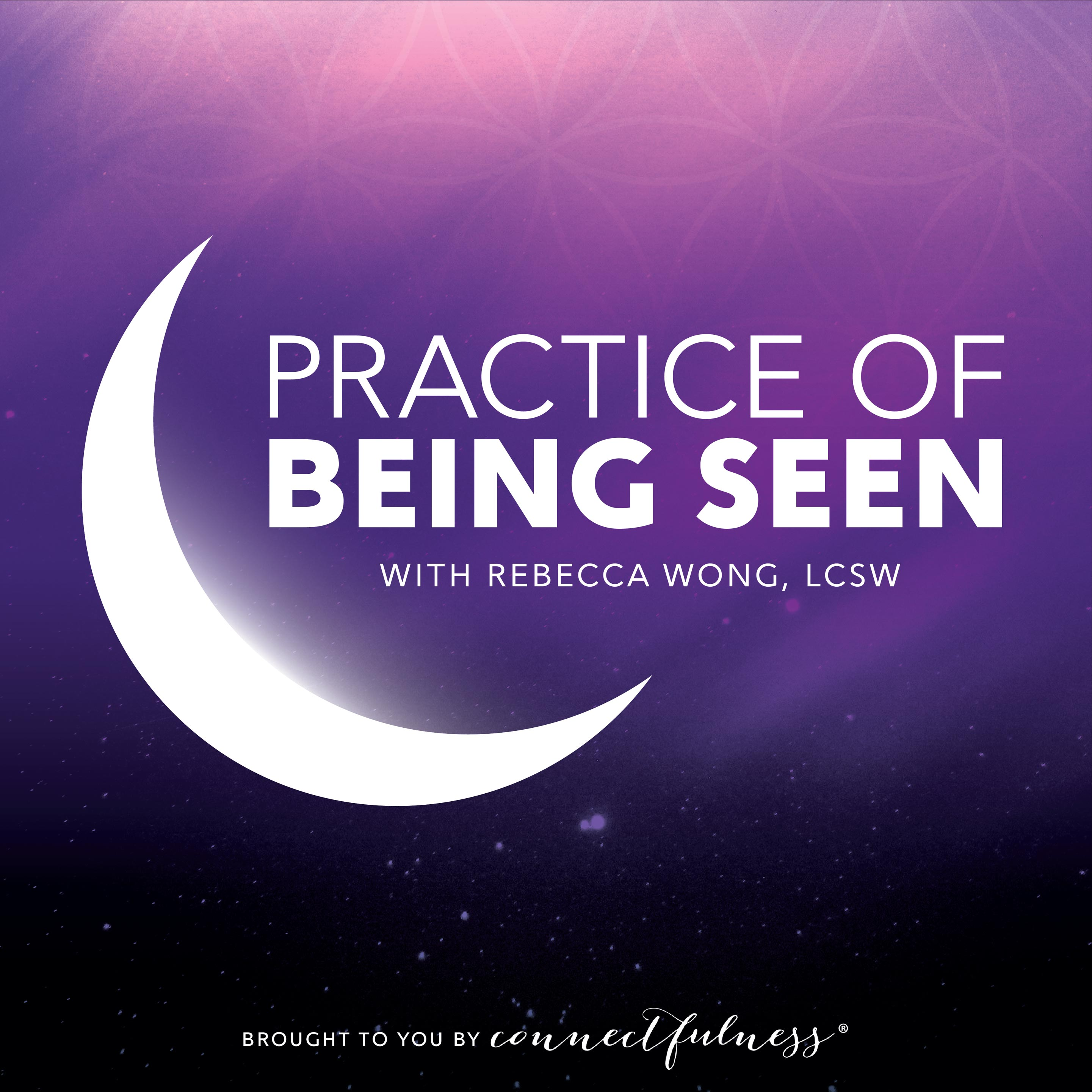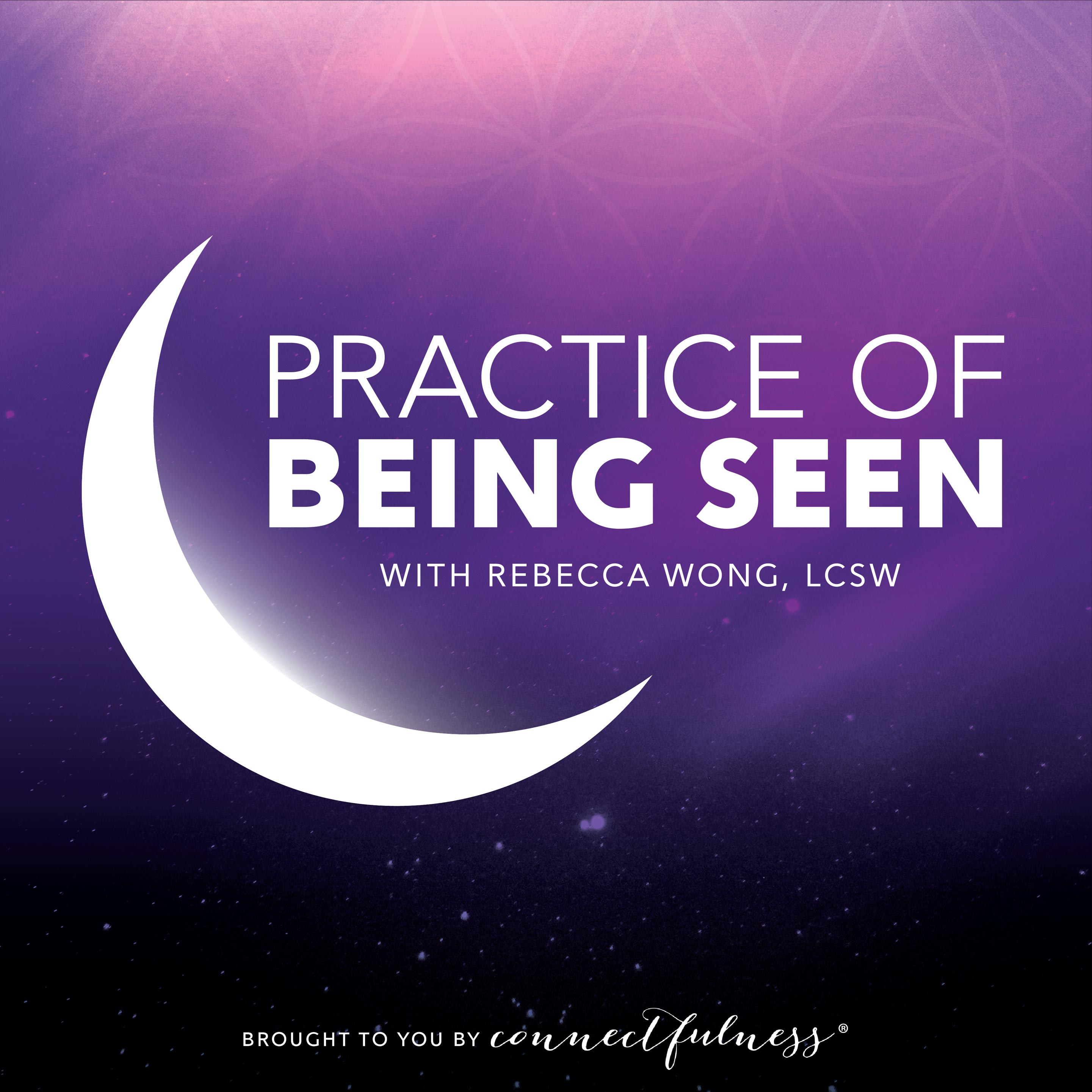The Ripple Effect of Childhood Trauma with Laura Reagan
Chances are that you or someone you love dearly has been affected by childhood trauma. The
statistics are appalling as to the prevalence of childhood trauma, and unfortunately, we don’t
seem to be changing the trend. Today we’re talking about childhood trauma and trauma informed care.
My guest, Laura Reagan is an expert on how childhood trauma affects our lives. She’s also the host of the Therapy Chat podcast (a highly recommended fave of mine). Laura is a clinical social worker in Maryland specializing in trauma, attachment, LGBTQ issues, mindfulness, and self-compassion.
The CDC’s Adverse Childhood Experiences Study (ACE Study) is a great place to begin broadening our understanding of childhood trauma - it uncovered a link between childhood trauma and higher risk of health and social problems later in life. The overwhelming experiences that impact children can include physical assault, assault by one parent on another, alcoholic or imprisoned parent, death of a parent, feeling unwanted, and sexual abuse. Statistics suggest that nearly two-thirds of adults have experienced at least one. Physical and mental health effects can lead to anxiety, depression, suicide, substance abuse, relationship problems, and physical ailments. These physical effects can contribute to a shorter life span by up to 20 years. The study also shows that early intervention will lead to better outcomes. Laura shares about the types of interventions that work best and how traumatic memories are held in the body and how later-in-life relationships are affected.
On the therapy side are several key issues, including the aspects of boundaries and knowing what you need. It is common for childhood trauma survivors to use dissociation as an escape and a coping mechanism; it’s important for a therapist to get to the “why” of the triggers and teach mindfulness. Our “unresolved stuff” affects relationships, and what children need most is the guidance to express their feelings and cope with them in order to develop healthy relationships. Laura explains the concept of “parentified” children and the challenges in working through that trauma. She says that the transformation effect is “like going from a black and white picture to technicolor with a full, rich range of opportunities and deeply connected relationships.” In our conversation, we also address the concepts of isolation vs. connection, the tie-in to the current immigrant crisis involving children, and overall dehumanizing behaviors that are common in today’s society.
Resources:


